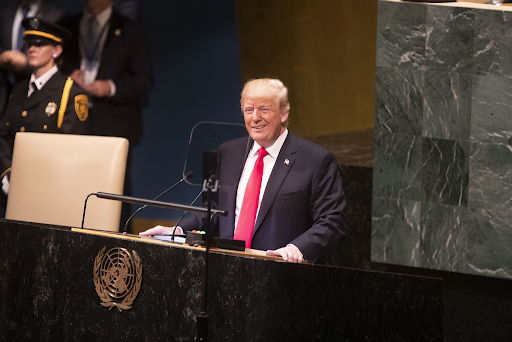President Donald Trump’s personal ambition to win a Nobel Peace Prize clashed dramatically with India’s national sovereignty at the UN General Assembly. In his speech, Trump used a disputed claim involving India and Pakistan as a key pillar of his case for the award, a move that New Delhi views as a direct affront to its independent decision-making.
Trump told the assembled world leaders that he had personally intervened to “stop a war” between the two nuclear-armed states. He has made this claim over three dozen times, but its airing at the UN was a clear attempt to lobby the international community and the Nobel committee.
The problem is that India vehemently disagrees with this version of events. Its government has maintained that the de-escalation of military posturing, known as ‘Operation Sindoor’, was a sovereign decision made in response to a Pakistani request, not American pressure. Trump’s narrative, therefore, comes at the expense of India’s own historical account and its pride as a regional power capable of managing its own affairs.
This clash between Trump’s personal goals and India’s national narrative created a deeply awkward and tense moment. It was one of two major attacks on India in the speech, the other being the accusation that it is funding the Ukraine war.
The incident highlights how Trump’s pursuit of personal accolades can create significant diplomatic friction. In his quest for the Nobel, he seems willing to alienate a key strategic partner by misrepresenting a sensitive episode in its recent history, demonstrating that for his administration, personal ambition can often trump diplomatic protocol.

